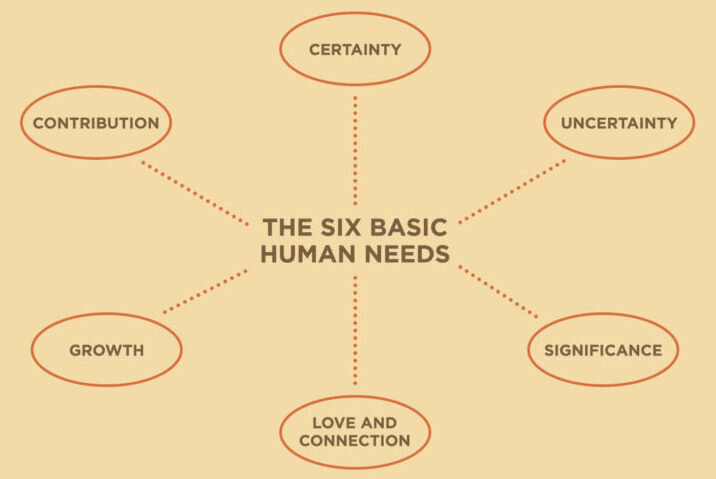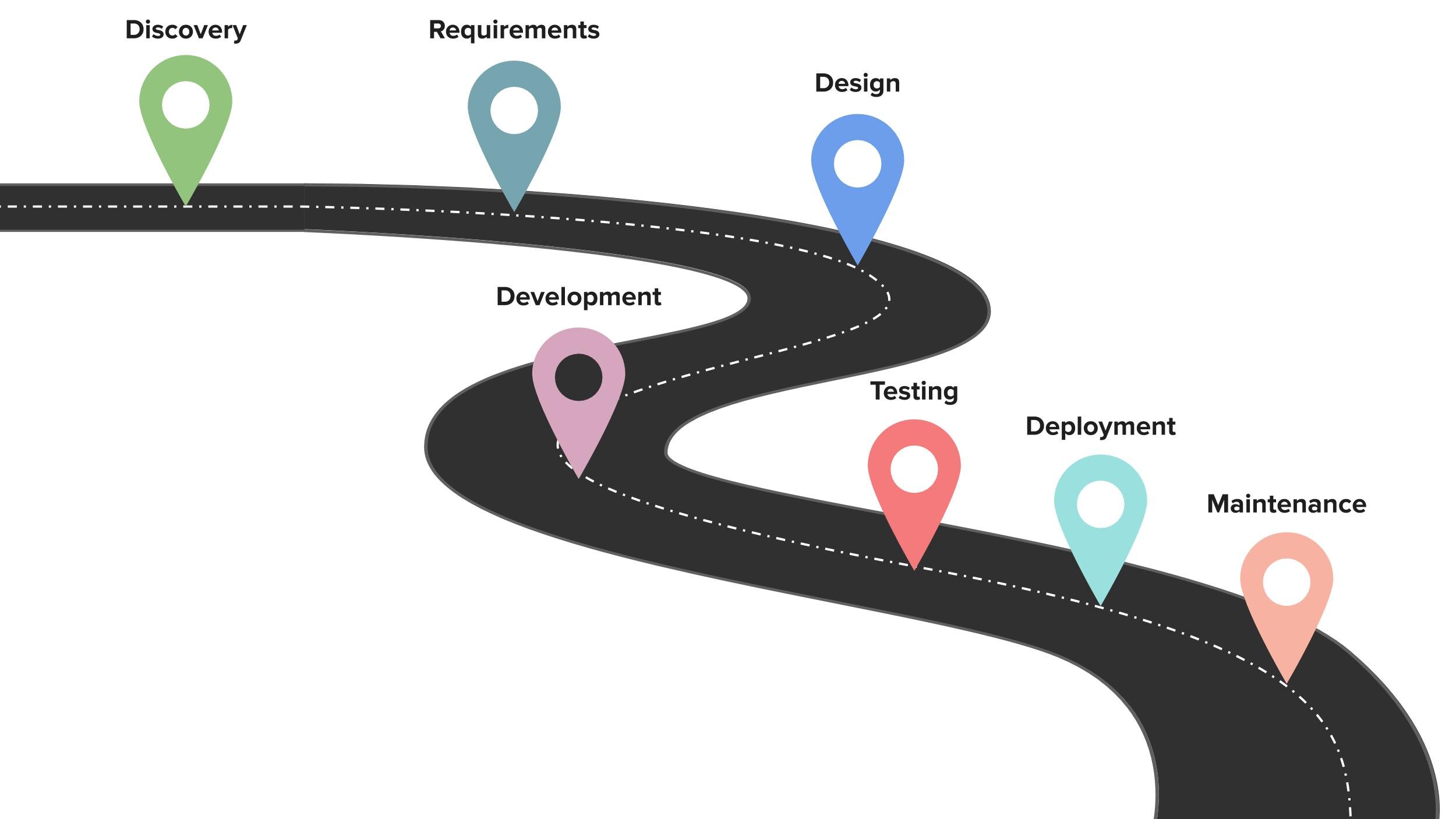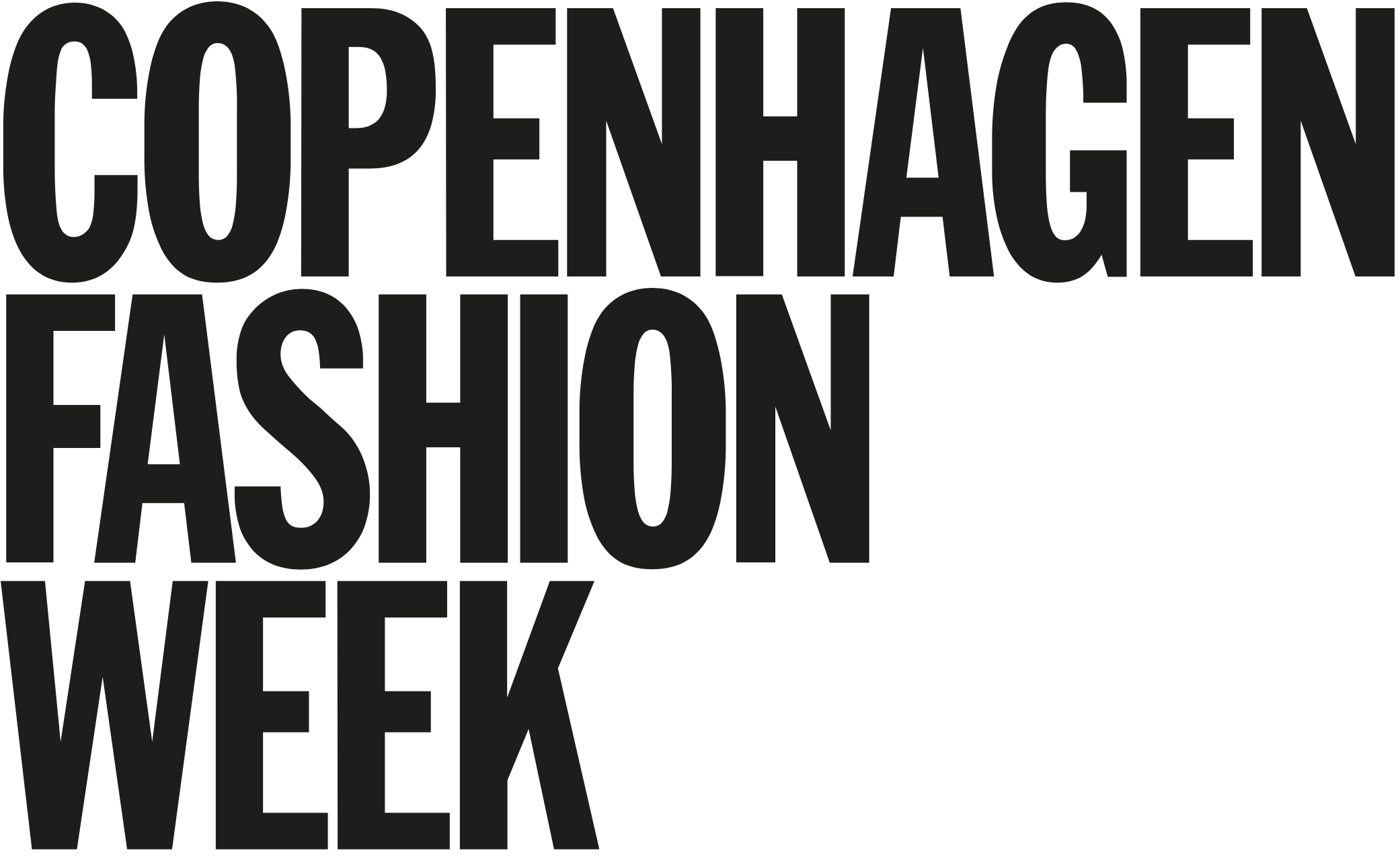After spending a little time in London and reconnecting with some of my old Irish friends. We discussed the books which were made into really good films and “The Commitments” came up. The books author, Roddy Doyle has ten tips to get you writing:
1. Be kind to yourself when you start. Fill pages as quickly as possible. See every filled page as a small achievement.
2. Don’t worry about the quality of what you write until after you’ve filled lots of pages.
3. Don’t be too worried about being worried. It’s part of the job. That’s you wondering if what you’re writing is good enough.
4. Give whatever you’re writing a title, as quickly as possible. You can change it later if you don’t like it.
5. Don’t try to plan everything before you start writing. Writing is a bit like making a friend. You gradually get to know him or her.
6. Make writing an important part of your daily – or weekly – routine. Being too busy isn’t an excuse. Write about being too busy!
7. Trust your own language, your own collection of words. You have thousands of words that you can use.
8. Chances are the words that come into your head will do fine, eg “horse”, “ran”, “said”.
9. Change your mind. Good ideas are often killed by better ones.
10. If you want to, show what you’re writing to other people. But remember: your opinion is much more important than theirs.





















